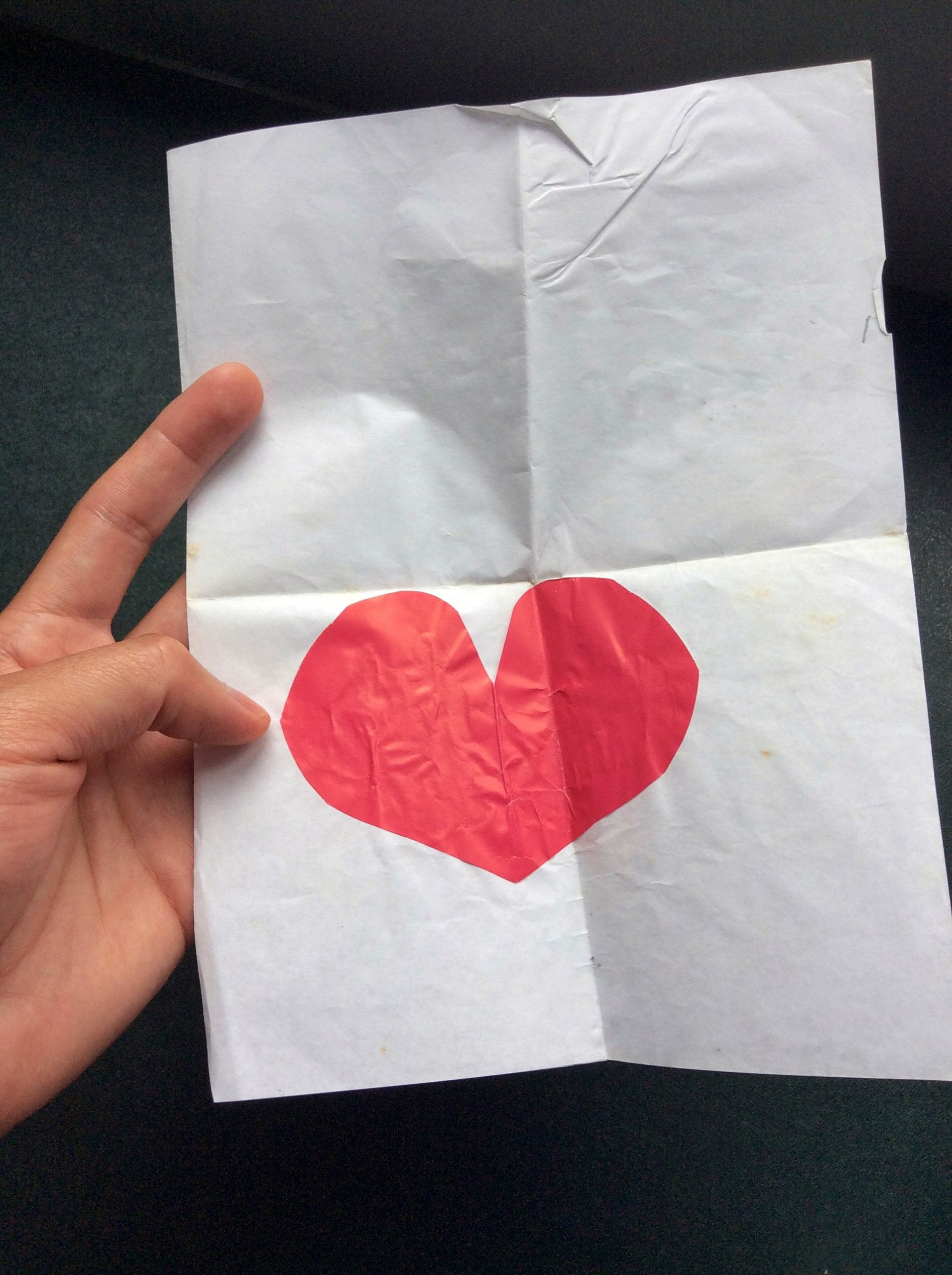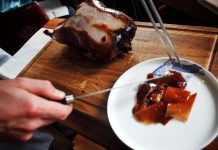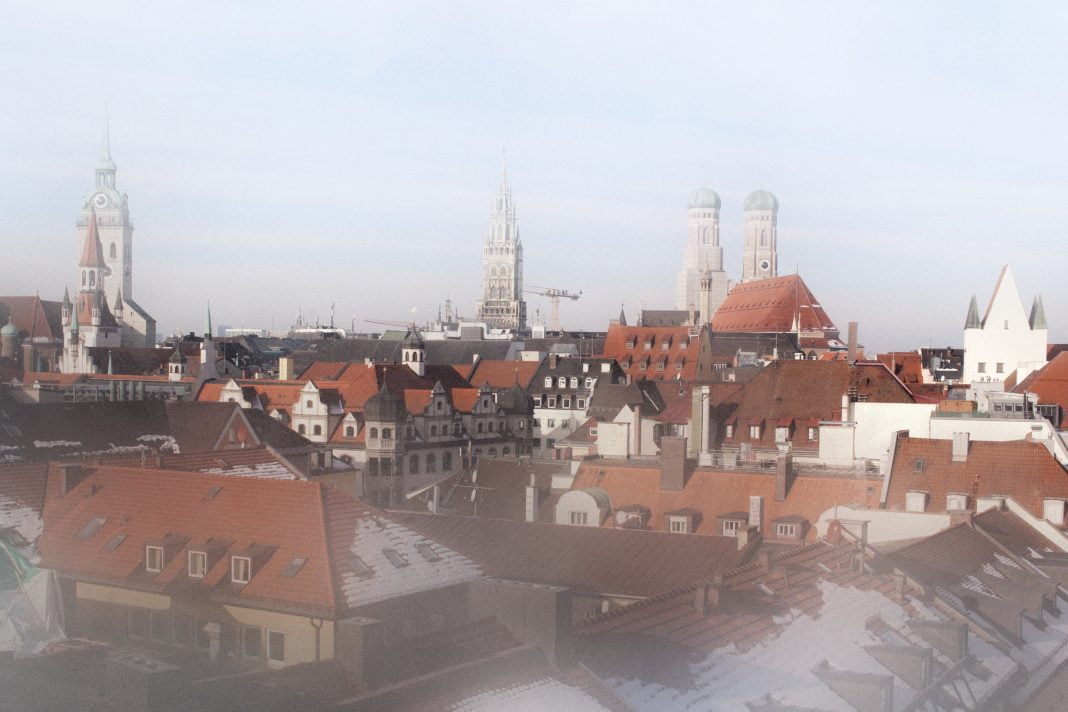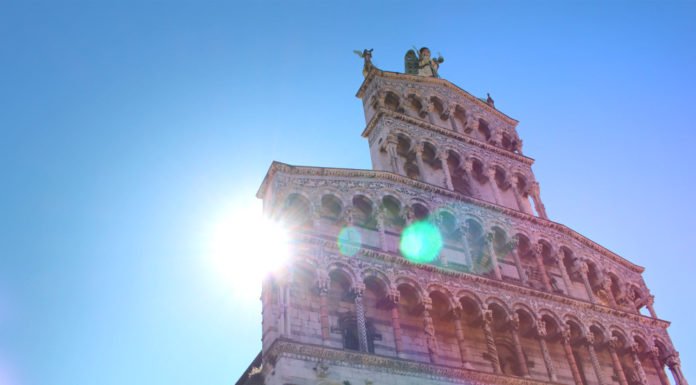Along the highway of life, we come across strangers that leave a part of themselves with us. Oftentimes, they become a part of our journey and the bittersweet landscapes that we travel to.
He wears his smile like a child having tasted lemon for the first time.
Out of the twenty people I regularly meet for three hours a day in a span of sixty days, he’s the one that stands out. Wilhelm isn’t exactly the kind of person that anybody can get comfortable with. He speaks of trees that grow teeth, colors are heard instead of seen and candies are tickets to paradise.
As the only foreigner among the Filipino patients in the psychiatric center in Cebu, his lack of familiarity with the local dialect didn’t seem to bother him or dampen his spirits. The majority of the confined residents in the center where I have my apprenticeship, share an almost similar nature of why they were admitted. It was enough for Wilhelm to find a sense of community.
Everyday as I enter into Wilhelm’s world and of his fellow patients, I get the feeling that incoherence is a fundamental aspect of life. Each one possesses a gift of telling stories of grandeur, delusion, obsession and fantasy. Although there are times that these elements seem to be present, as if they were major characters in a play.

During his moments of clarity, he confides in me of his childhood experiences in a small town in Bavaria where he grew up. His youth was about traveling and exploring. His daily commute was from his town to the city of Munich. His fondness of festivals and particularly ‘fasching’ as well as his love of beer. He relates all of it, gesturing with his left hand as if raising a glass to make a toast. Somewhere in his story telling, he blooms like the flowers in spring only to snap out of his enthusiasm without warning – becoming cold – a winter Bavarian chill sets in.
It’s easy to fall into his vortex of narrative. I began to imagine the cobbled streets where he used to walk. The bakery where he got his daily supply of bread opposite the deli where the best sauerkraut can be had. I thought of the many weddings he attended including his own at the St. Michael’s Cathedral on the famous Marienplatz square. I wanted to visit Wilhelm’s Bavaria.
A few years down the line, I finally made it to Munich. Just months after the European migrant crisis that dominated international headlines in 2015. A period of which a great number of refugees from Syria, Iraq and Afghanistan have fled across the Mediterranean to escape war and persecution and some ended at the Munich central railway station.
I wonder where is Wilhelm now at this particular moment. What would he say about the Bavaria he once knew and the changing demographic landscape of the Germany of today? Perhaps I may never find any answers to my questions from a man who speaks of trees that grow teeth and believes that candies are tickets to paradise. All I know is that before my last day of my apprenticeship at the psychiatric facility, he handed me a card with a cut-out heart in the middle and before slipping into a different realm, he uttered “home”.


This piece appeared as an entry to World Nomads 2019 travel writing scholarship. The piece didn’t make it to the list but I’m glad to share the experience with you. To anyone who loves to travel, inspired by travel or one’s travel, travel for free and learn from the best travel writers, click HERE.
BUTTER MY BAGUETTE
This website made of love strives to produce FREE CONTENT.
Help me tell more stories and keep this website free of any advertisement by supporting Flying Baguette in inspiring more people and connecting you with other cultures and communities around the globe. Donate a little or as much as you can afford to keep the magic of Flying Baguette going for years to come. Share your support through the icons below ⬇️














A lot of people think we travel for the moments that we expect – seeing the Eiffel Tower, or a wild animal, for the first time. but its these tiny moments during our travels that change us, that people don’t understand unless they experience. What a great story!
What a beautiful and very personal memento from your time listening to a place you would eventually manage to visit and experience in your own way. The connection Wilhelm had I’m sure in some way gave you pause on your trip in a way that most people wouldn’t get. I visited Munich and Bavaria this past year and loved it. Such a great place, and I still think about the cobbled streets, the bakery smells and the beautiful buildings in this amazing part of the world
Hm maybe he knew that you would one day travel to Munich (after hearing his childhood story) and he was hoping you may take the card with you? It could have also acted as a gentle reminder and motivation for you to make it to Munich one day. When you visited, did you feel a connection to Wilhelm again?
Carolin | Solo Travel Story
It’s incredible and magical how we can travel in such diverse ways. Whether through telling other people’s stories, through trees that grow teeth, or through people who cross our path. We all add something to each other’s lives.
Travel inspiration can come from the most eclectic of places and I found your story of Wilhelm to be incredibly moving. It is fascinating that his childhood city retained such an impression on him and that his descriptions of his life there had such clarity and influenced your decision to visit Munich. Your opening sentence about strangers leaving part of themselves with you resonates strongly. And while he had a profound effect on you, it feels very much as though the lovely card Wilhelm gave you reflects the positive impact you had on him.
A very poignant and interesting article,
Having helped out at a similar place for a charity, what you speak about is very familiar to me.
The life the patients lead can be so different to ours when they are lost in their own world.
A praiseworthy piece of writing to be entered into the competition.
It’s interesting where we find people who influence us. Your apprenticeship introduced you to Wilhelm and now you are introducing Wilhelm to us… and we are all richer because of that.
Another beautifully written and evocative post. Thanks for sharing it with us.
Lyn | http://www.ramblynjazz.com
Love that opening line – it really grabbed me and took me through the whole story. Plenty of talent there 🙂
So interesting to read how Wilhelm inspired you to travel to Munich! I’ve been to Munich in 2018 and don’t think the demographic landscape changed all that much…
Every time I read one of your beautiful posts I say to myself I’ll have to visit your blog much more often, Jan, and then things get busy in the day job and it’s another two months or so before I make it to your page again.
I find your writing style very inspiring, moving, and entertaining. Keep up the great work and shame on the judges to fail to shortlist or award your contribution. What’s wrong with those folks .
I had no idea you did such an unusual apprenticeship. Coming from Munich, this post is of particular interest to me.